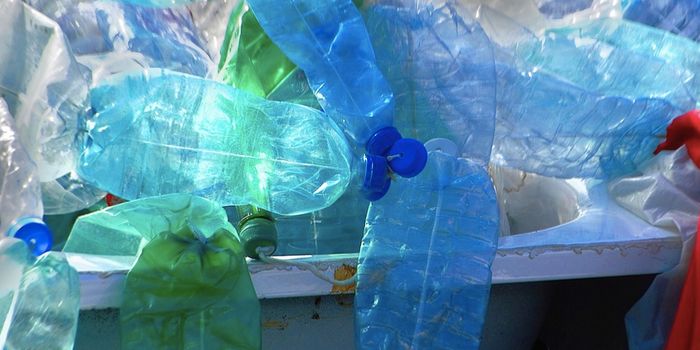Getting Answers on COVID-19-Associated Smell Loss
Smell loss can be devastating. It can interfere with that oh-so pleasant and enjoyable task of eating since it also affects our ability to taste food. Although it’s, fortunately, a less common symptom as COVID-19 evolves, smell loss was a common symptom in earlier waves. Researchers are learning more about how the virus causes loss of smell and how it might be treated.
According to a study published in May of this year with a sample size of over 600,000 US COVID patients, the probability of having smell loss has declined from Alpha to Delta to Omicron variants. Whereas smell loss likelihood was as high as 50% with Alpha, it dropped to 44% for Delta and 17% for Omicron.
Unfortunately, changes to sense of smell persisted for a significant portion of those who had earlier strains. A study from 2021 reported that out of the 100 people included in their study who had only mild COVID cases, 46% of them still had problems with smell more than a year after infection, with 7% still having total smell loss.
Researchers are finding that SARS-CoV-2 affects smell by attacking sustentacular cells, cells in the nose that provide nutrients and support to olfactory neurons that sense odors. In cadaver studies, olfactory neurons in people who died from COVID-19 were still intact, but they had fewer receptors on their membranes for detecting odors. In the nuclei of olfactory neurons, chromosomes were found to be scrambled in an unrecognizable arrangement.
Other research has also linked smell loss to certain genetic mutations—UGT2A1 and UGT2A2. These genes encode for proteins that remove odor molecules from the nostrils. These specific mutations were more often associated with people who had loss of smell or taste from COVID.
Changes to the brain’s olfactory center itself are suspected to also be behind this lasting smell loss. Another study from the UK that looked at changes in brain scans in people before and after COVID infection found markers of tissue damage in areas linked to the brain’s olfactory center. The researchers suspected these observed changes may be a result of lack of input from sensory neurons in the nostrils to neurons in the brain. Danielle Reed, a geneticist, explains, “When we cut off input from the nose, the brain atrophies.”
Clinical trials for COVID-associated smell loss are in early stages. Current recommendations are to undergo smell training. With smell training, patients smell strong substances and attempt to identify what they are. This is thought to be helpful for restoring olfactory function only in those with partial smell loss. Partial smell loss is estimated to occur in about a third of COVID-19 patients with smell loss.
Steroids, a mainstay drug for inflammation, have been tried for smell restoration but without much success. Platelet-rich plasma, which is made from patients’ own blood and thought to assist with healing, was shown in small studies to have some success when injected into patients’ noses. Other researchers are looking at vitamin A as a potential treatment.
Sources: Nature, Otolaryngol Head Neck Surg, Rhinology, Sci Adv, Nat Genet, Nature, J Allergy Clin Immunol, Am J of Otolaryngol








